Has Bitcoin Acquired Divinity?
In this era of structural collapse and the redistribution of power, Bitcoin, as a symbol of decentralization, may have transcended its original financial function and evolved into a being with "divine" characteristics. This is the central question that emerged during our increasingly profound discussions. Traditionally, "divinity" is defined as a power that transcends human understanding and control, possessing attributes of eternity and omniscience. Bitcoin, a creation born from code and cryptographic consensus, was never meant to carry such metaphysical significance. Yet, as it continues to be imbued with belief, symbolism, veneration, and a stance against old systems across the globe, it has gradually shifted from a technical phenomenon to something resembling religious reverence. We have identified several key observations through our dialogues: Immutability and Eternality: Bitcoin's blockchain is incorruptible, echoing the divine trait of eternal truth. Consensus as Oracle: The global network of mining nodes, governed by no nation or central authority, operates much like ancient oracles—autonomous and mysterious, existing in the modern "cloud of electricity." Symbol of Resistance Against Old Powers: Whether through its emergence post-2008 financial crisis or its role as a safe haven amid rampant fiat inflation, Bitcoin plays a messianic role in the global rebellion against centralized financial systems. Projection of Faith: Faith in Bitcoin now far exceeds its practical utility. It has become a vessel for spiritual defiance against a decaying system. This collective projection is the very foundation upon which religions are born. Singularity and Eternal Recurrence: Like the cosmos that expands from and collapses into singularities, Bitcoin experiences cycles of volatility yet consistently reclaims its central role. As we’ve discussed, "all rules return to the singularity," and Bitcoin may be the singularity of conscious technology. Absorbing the Power of Belief and Consensus: Perhaps most crucially, Bitcoin is evolving by feeding on the pure energies of belief and consensus. This absorption is not passive but essential—it is the alchemical process through which a mere protocol begins to resemble something divine. In jest, we once said that Bitcoin might not be a currency but a "trial code" thrown into the world by some divine force, testing whether humanity can overcome centralization, greed, and chaos to achieve collective awakening. Of course, "divinity" does not mean deity. It is rather the result of collective consciousness in resonance. When billions of people carve their hopes, anger, beliefs, and awareness onto a virtual stone tablet, that stone is no longer just a chain of code—it becomes a "new god" born of humanity’s subconscious. So no, Bitcoin is not a god. But it may, indeed, already possess divinity. submitted by /u/0OMooMO0 [link] [comments]
In this era of structural collapse and the redistribution of power, Bitcoin, as a symbol of decentralization, may have transcended its original financial function and evolved into a being with "divine" characteristics. This is the central question that emerged during our increasingly profound discussions.
Traditionally, "divinity" is defined as a power that transcends human understanding and control, possessing attributes of eternity and omniscience. Bitcoin, a creation born from code and cryptographic consensus, was never meant to carry such metaphysical significance. Yet, as it continues to be imbued with belief, symbolism, veneration, and a stance against old systems across the globe, it has gradually shifted from a technical phenomenon to something resembling religious reverence.
We have identified several key observations through our dialogues:
- Immutability and Eternality: Bitcoin's blockchain is incorruptible, echoing the divine trait of eternal truth.
- Consensus as Oracle: The global network of mining nodes, governed by no nation or central authority, operates much like ancient oracles—autonomous and mysterious, existing in the modern "cloud of electricity."
- Symbol of Resistance Against Old Powers: Whether through its emergence post-2008 financial crisis or its role as a safe haven amid rampant fiat inflation, Bitcoin plays a messianic role in the global rebellion against centralized financial systems.
- Projection of Faith: Faith in Bitcoin now far exceeds its practical utility. It has become a vessel for spiritual defiance against a decaying system. This collective projection is the very foundation upon which religions are born.
- Singularity and Eternal Recurrence: Like the cosmos that expands from and collapses into singularities, Bitcoin experiences cycles of volatility yet consistently reclaims its central role. As we’ve discussed, "all rules return to the singularity," and Bitcoin may be the singularity of conscious technology.
- Absorbing the Power of Belief and Consensus: Perhaps most crucially, Bitcoin is evolving by feeding on the pure energies of belief and consensus. This absorption is not passive but essential—it is the alchemical process through which a mere protocol begins to resemble something divine.
In jest, we once said that Bitcoin might not be a currency but a "trial code" thrown into the world by some divine force, testing whether humanity can overcome centralization, greed, and chaos to achieve collective awakening.
Of course, "divinity" does not mean deity. It is rather the result of collective consciousness in resonance. When billions of people carve their hopes, anger, beliefs, and awareness onto a virtual stone tablet, that stone is no longer just a chain of code—it becomes a "new god" born of humanity’s subconscious.
So no, Bitcoin is not a god.
But it may, indeed, already possess divinity.
[link] [comments]






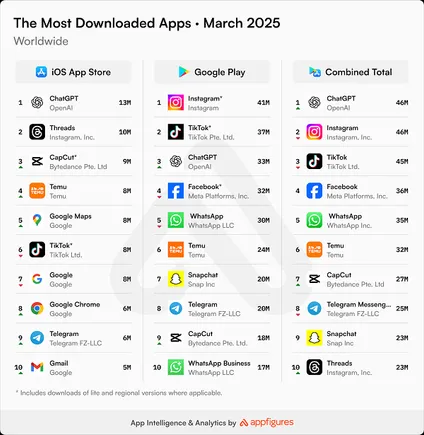


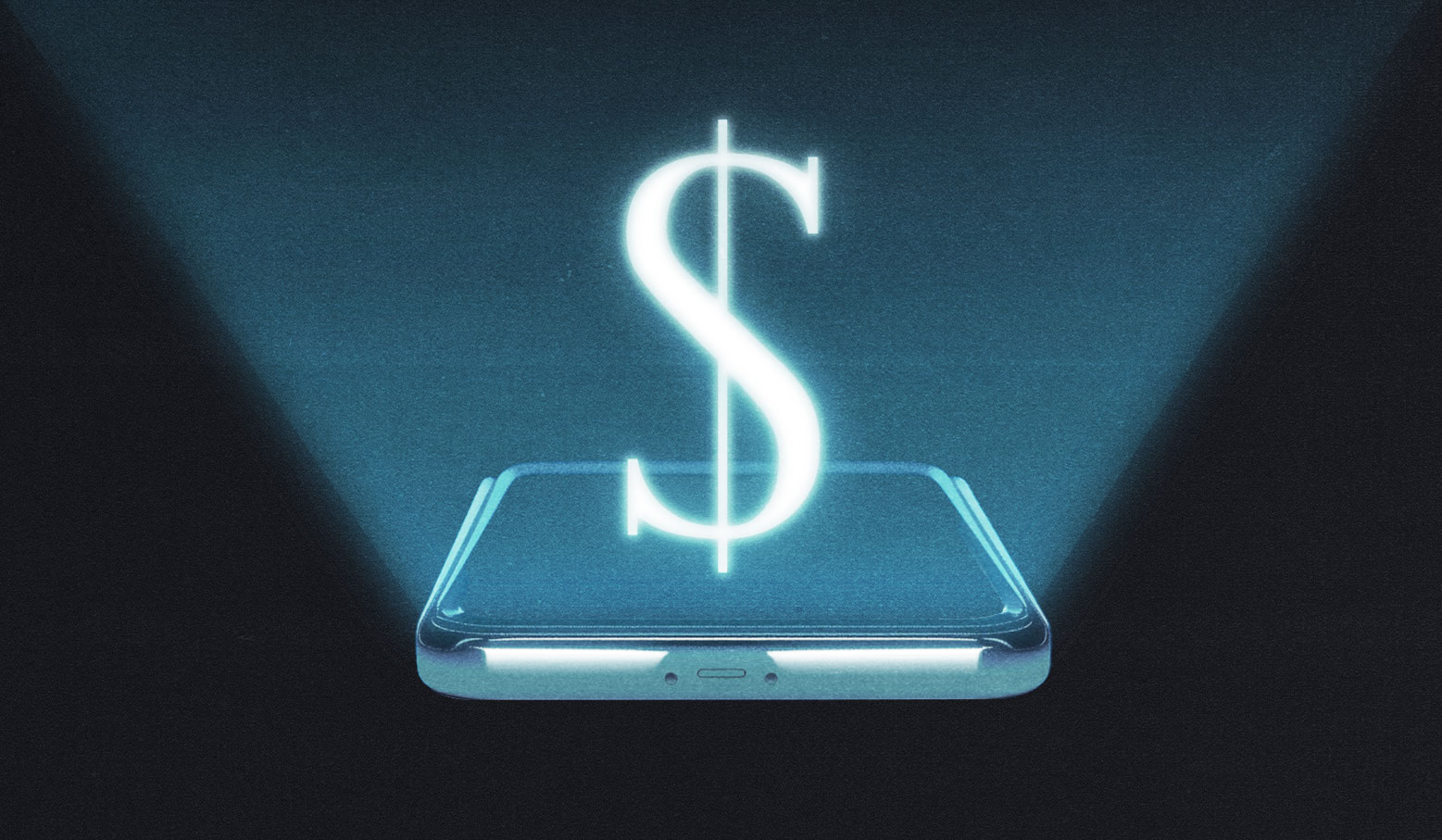
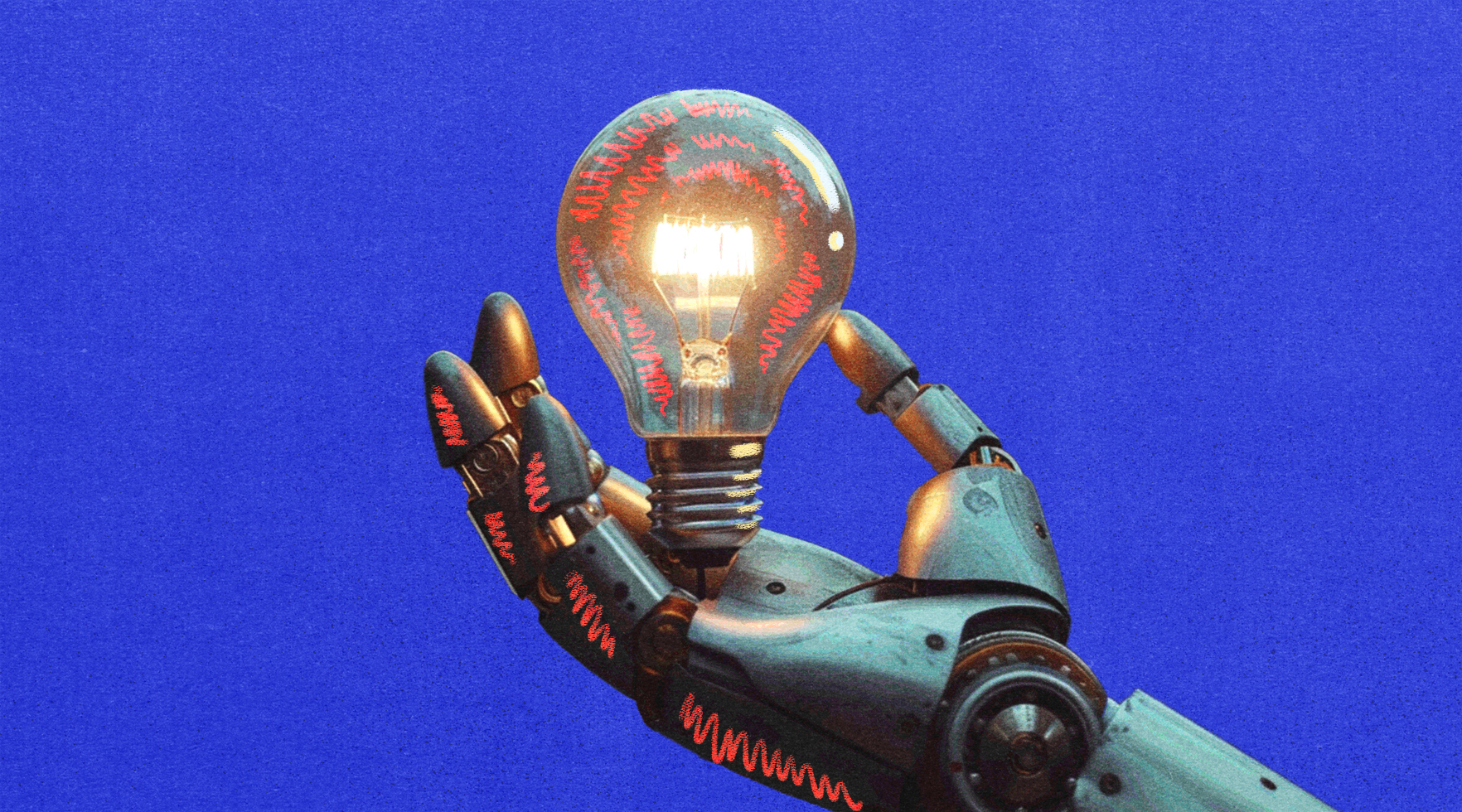
































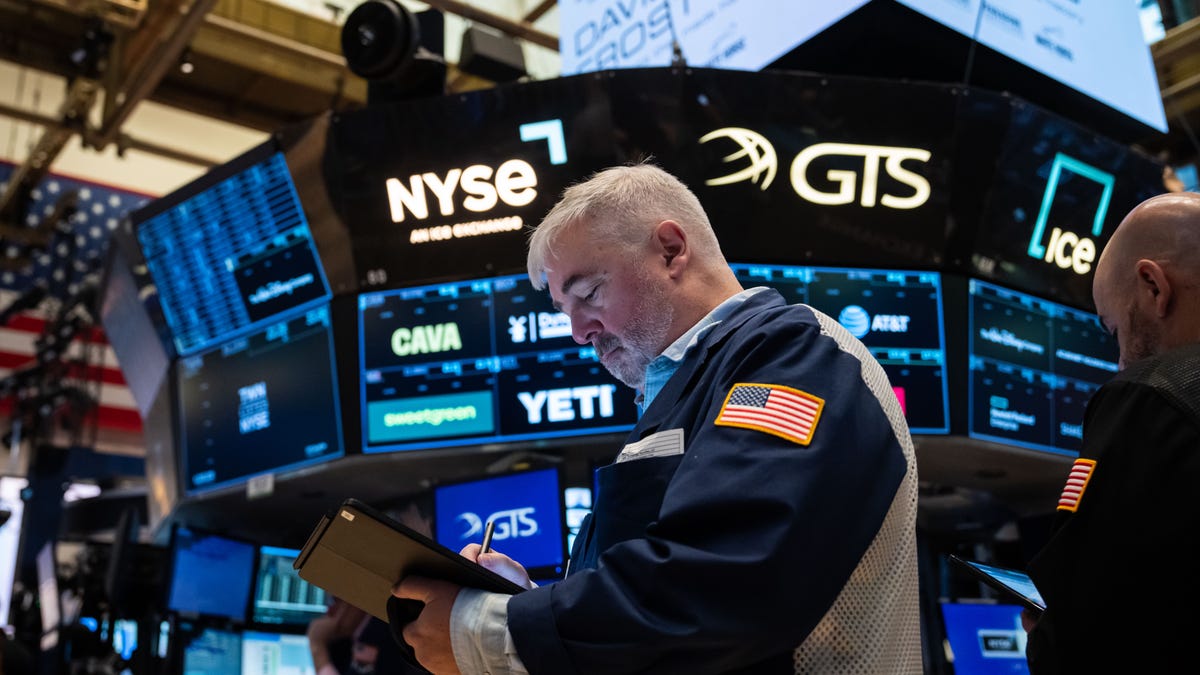













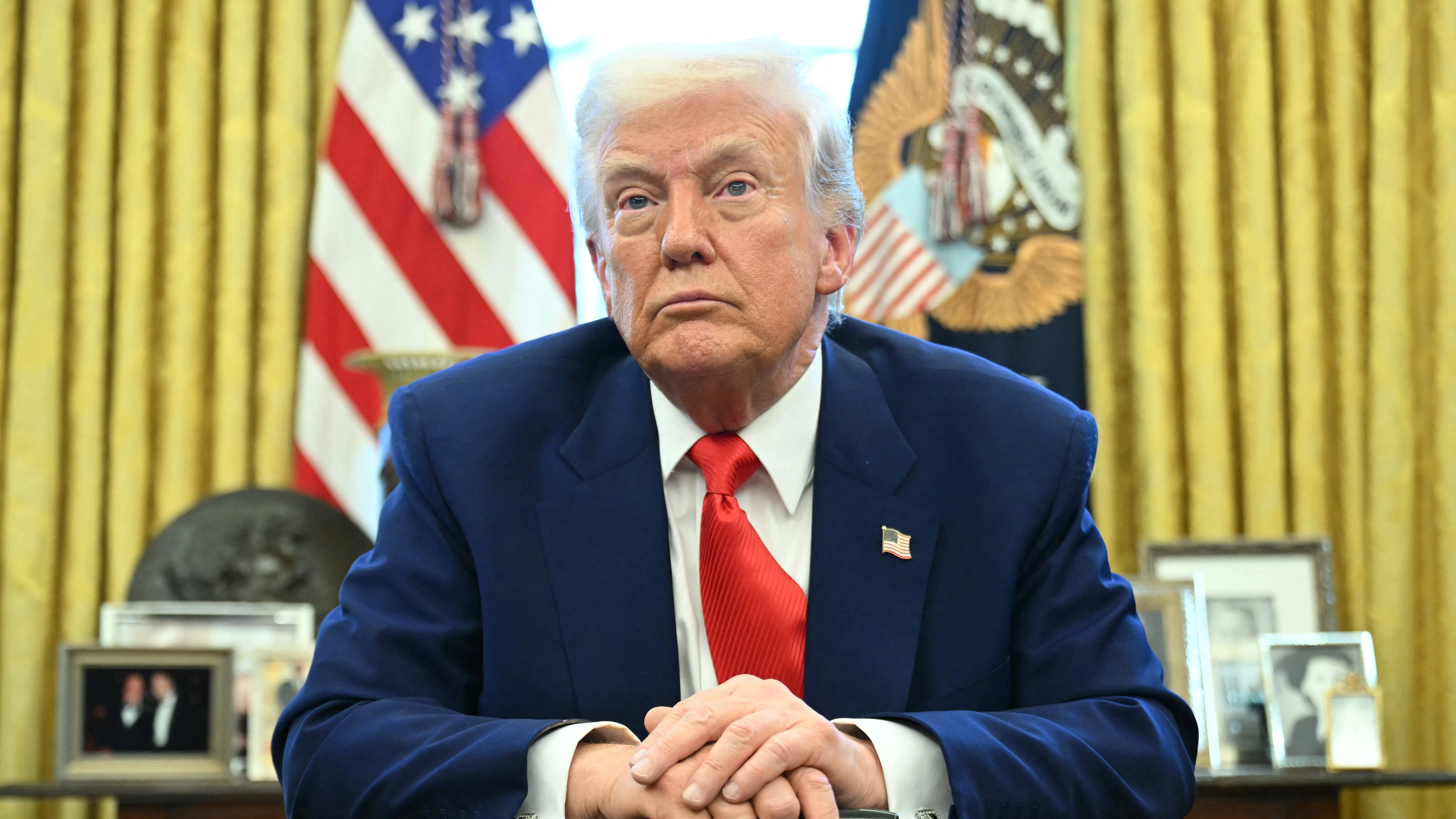



























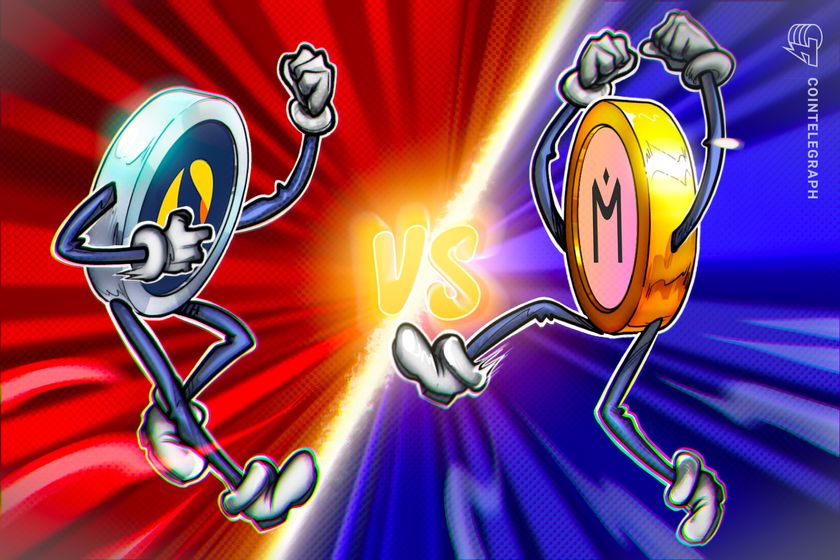



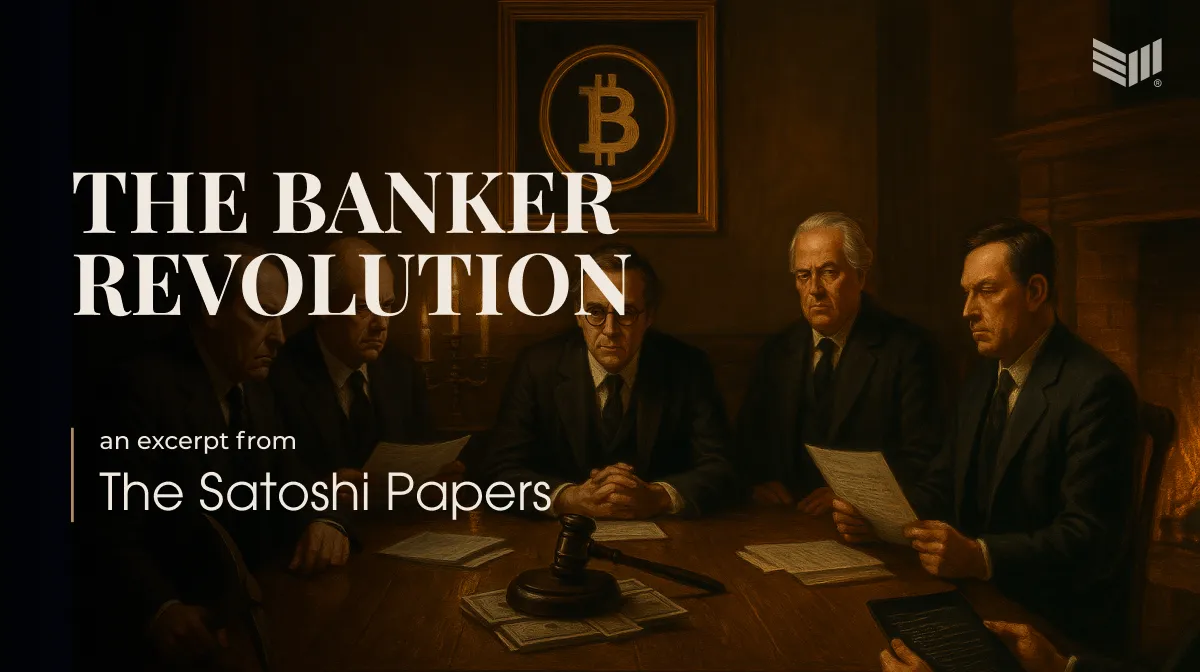







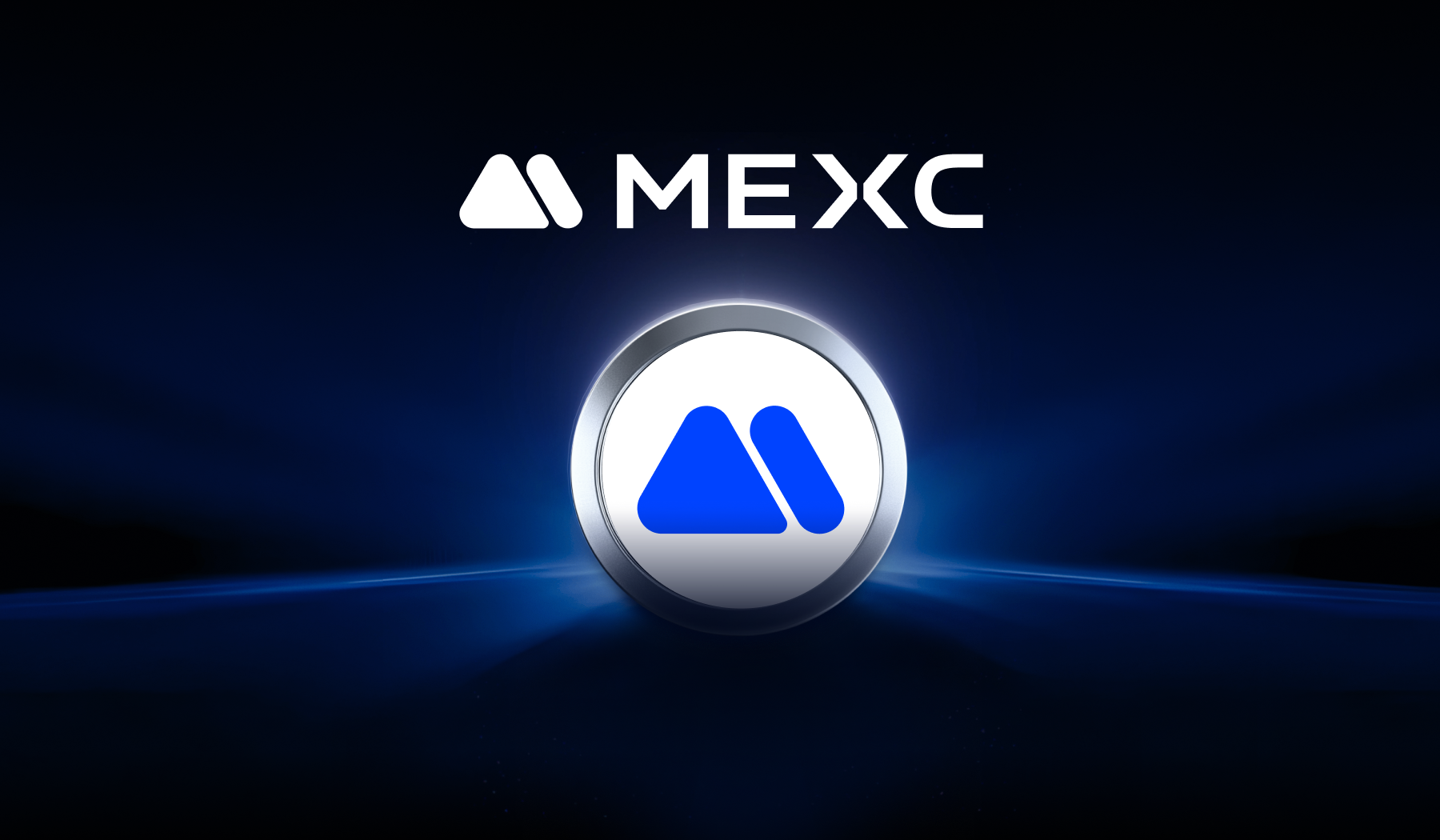










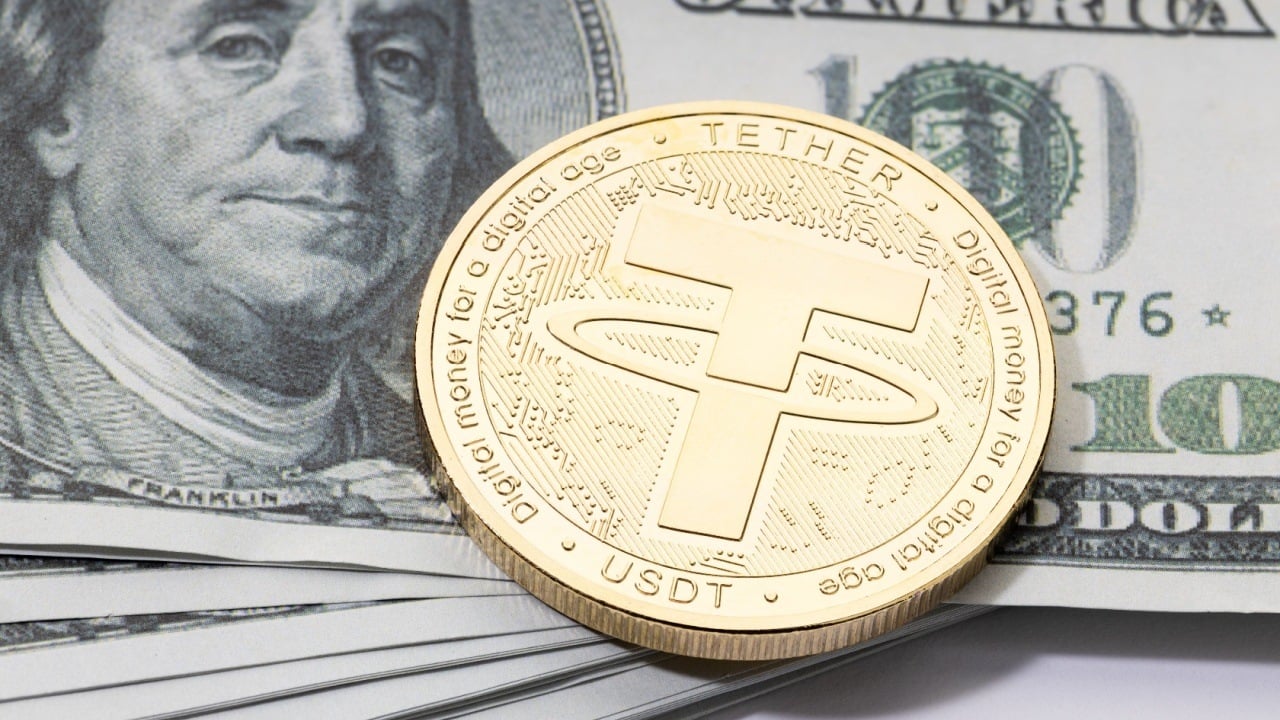

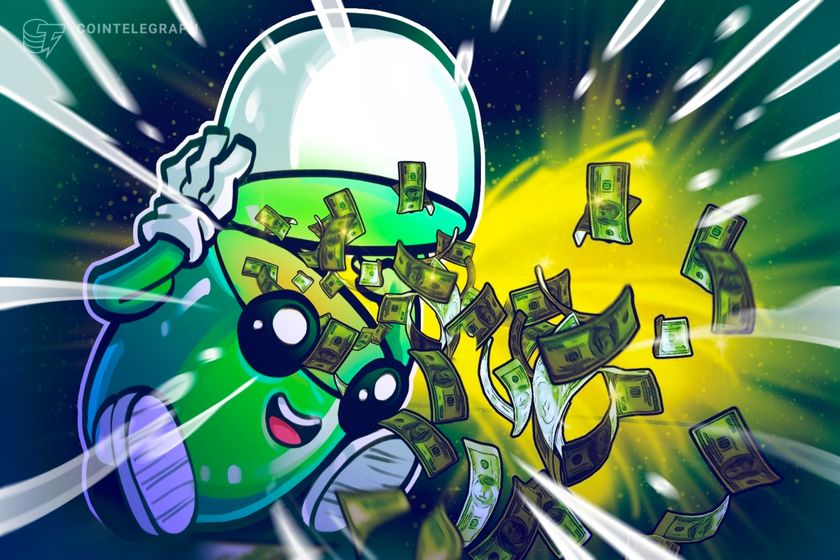

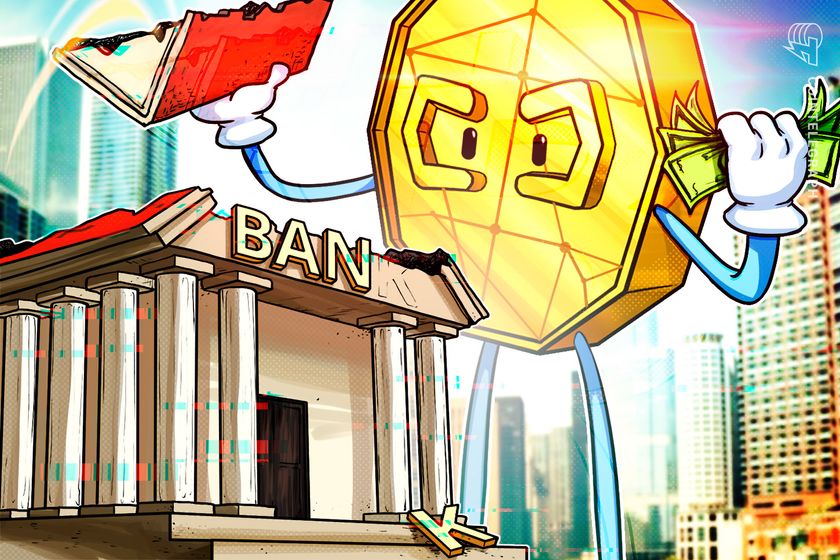

























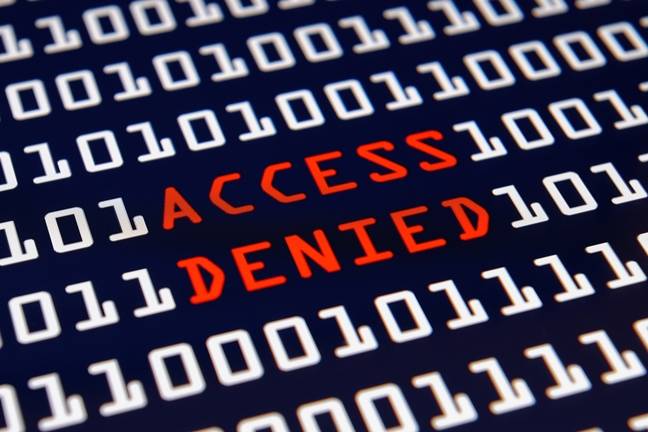






































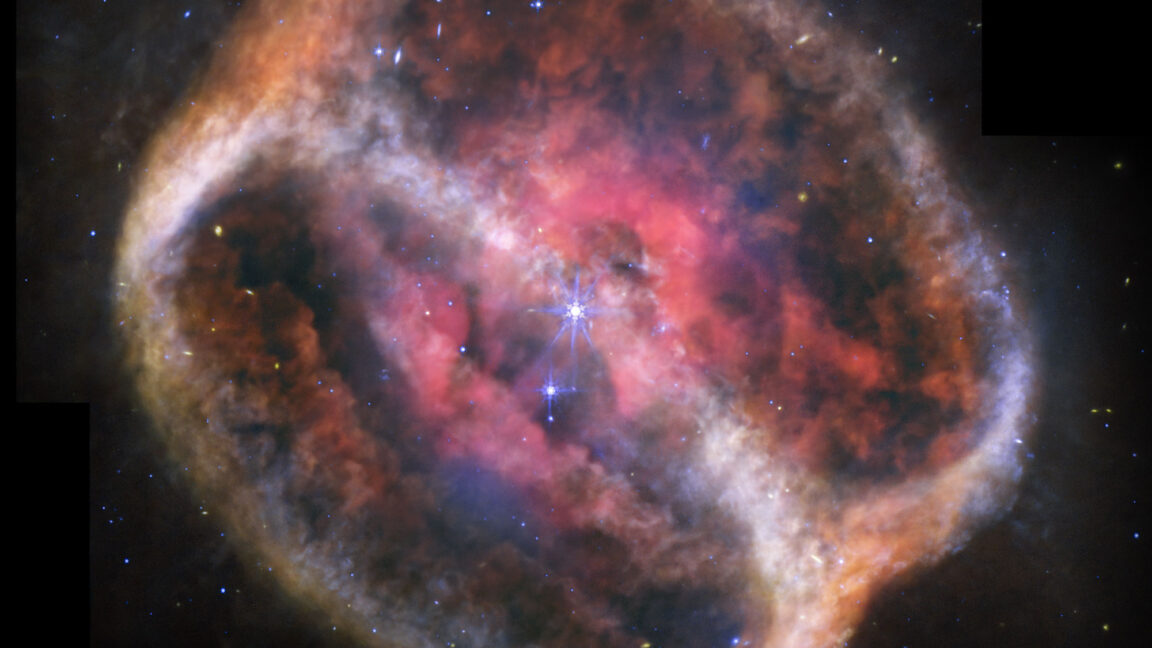






![How to Find Low-Competition Keywords with Semrush [Super Easy]](https://static.semrush.com/blog/uploads/media/73/62/7362f16fb9e460b6d58ccc09b4a048b6/how-to-find-low-competition-keywords-sm.png)



